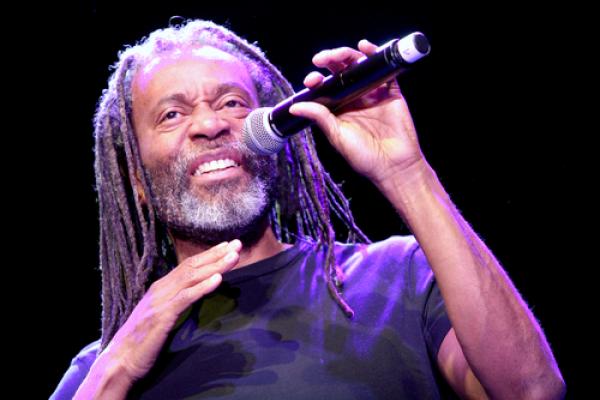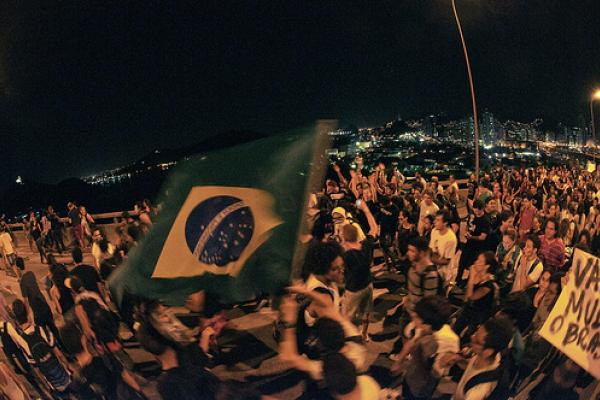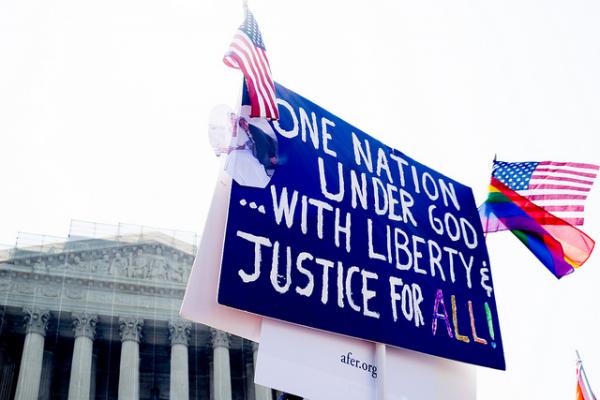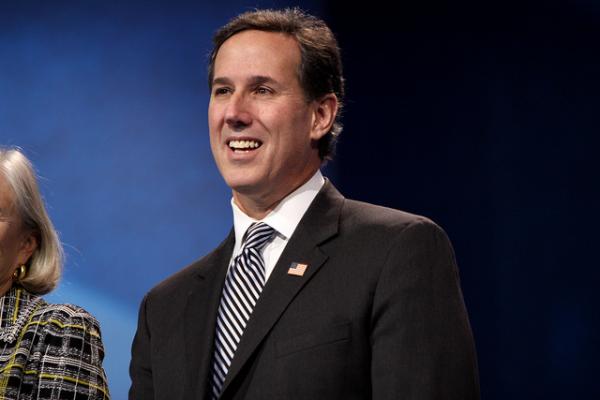Debating whether immigrants will have a positive or negative effect on the United States’ economy, various political groups are arguing their viewpoints and analyzing a number of fiscal pros and cons that would stem from the passage of the immigration bill. The New York Times reports:
An overhaul of immigration law would reduce the federal deficit. That’s the conclusion of a broad range of studies, from the libertarian Cato Institute to the conservative American Action Forum to the liberal Center for American Progress. Wait, it would really increase the deficit. That’s the analysis of the Heritage Foundation and the Center for Immigration Studies. But hang on a second. Immigrants have little impact on the federal deficit. That’s what the Organization for Economic Cooperation and Development thinks.
Read more here.
He’s best known for his iconic 1980s feel-good hit “Don’t Worry, Be Happy,” but Grammy-award winning artist Bobby McFerrin explores a deeper side of life in a new album.
Titled spirityouall, the recording includes his adaptations of traditional African-American spirituals and devotional songs that he composed.
McFerrin believes music has a transcendent spiritual power.
Brazil and the World Cup are in the news now, but not in the way that pleases the Brazilian government. Crowds are gathering in the streets around football (soccer) stadiums where Confederation Cup games are being played but not to buy tickets or get autographs of their sports idols. They are congregating to protest against the 2014 World Cup coming to Brazil. Brazilians protesting football? Upset about hosting the World Cup? Something has gone seriously wrong. This is like the French boycotting wine or Italians accusing pasta of undermining family values.
Even Americans, confused as we are about why the rest of world insists on calling soccer “football,” know that the outcome of a football match can launch an entire nation into elation or despair. But no matter the sport, fans around the world follow the same emotional pattern: they are up when their team is up and down when they are down. World Cup championships played out on a global stage provide the winning nation with an outsized cathartic event for the pent up frustrations that accumulate with the stress and strains of daily life. And even without streets clogged with protestors, if you are a football fan living in one of Brazil’s major cities, the typical daily grind is almost unbearable. Here’s an account from an Al Jazeera reporter who lives in Brazil:
It is 8am and a bunch of people line up to get on a bus on Faria Lima Avenue in Sao Paulo. This may be their third transfer in the daily ordeal of travelling to work from the outskirts of Sao Paulo. When the bus slows down, people start to nudge right or left, hoping not to be left behind. Once they get on, it is so full that finding a little space to stand is only for the truly crafty.
After a one-hour journey through the infamous Sao Paulo traffic and pothole-ridden roads, crammed in with 100-plus people, it feels more like a ride on a rodeo horse than a means of transportation — all at a cost of 3.20 Brazilian Reals ($1.50) and your dignity.
When it comes to God and country, white evangelicals report the strongest levels of patriotic feelings in a new poll, with more than two-thirds (68 percent) saying they are extremely proud to be an American.
That figure was markedly higher than for white mainline Protestants (56 percent), minority Christians (49 percent), Catholics (48 percent) and religiously unaffiliated Americans (39 percent), according to the study, conducted by the Washington-based Public Religion Research Institute in partnership with Religion News Service.
White evangelicals are also more likely than any other religious group surveyed to believe that God has granted the U.S. a special role in history (84 percent) and to say they will likely attend a public July 4th celebration (62 percent).
“DOMA is dead.”
Such were the chants heard outside the United States Supreme Court yesterday when it was announced that the highest judicial body in the nation voted 5-4 to strike down the Defense of Marriage Act (DOMA). That’s right. As of yesterday, there is no longer a federal law defining marriage as a union between a man and woman.
Of course, not every American is roundly rejoicing. Responses from the Christian community, which has become more divided over the issue in recent years, are mixed. Conservative Christians seem mostly despondent while the progressives among them are mostly celebrating. I spoke with several prominent Christians from across the political spectrum today to get their reactions to the Court’s decision:
The words above the Supreme Court read, “Equal Justice Under the Law.” This week, two Supreme Court outcomes dramatically affected the reality of those words.
On Tuesday, in a 5-4 decision, a key component of the historic Voting Rights Act of 1965 was struck down, jeopardizing equal justice under the law especially for black, Hispanic, and low-income people whose voting rights have historically been assaulted and have continued to be suppressed as recently as the 2012 election. In fact, Section 4 of the Voting Rights Act — which required parts of the country that have been especially egregious in racially motivated voter suppression to get federal approval of any changes in their voting laws — was specifically used in the 2012 election to prevent new voter suppression. That provision has now been struck down, and efforts to increase barriers to voting are already underway in several states, especially in the South, that would suppress the future votes of Americans of color, especially those with lower incomes.
Equal justice under the law lost on Tuesday, June 25. The Supreme Court’s decision was morally shameful. ...
Contrast Tuesday’s decision with the final ones we saw handed down this week. ... I, along with a growing number of people in the faith community, believe that equal protection under the law is essential for our gay and lesbian friends and family members. While some Christians are conflicted about the theological issues involved, or even are unable to support homosexuality on a religious basis, they also don’t want churches to be the ones standing in the way of civil rights.
It’s not the message you might expect to hear from Rick Santorum, the Christian-conservative former presidential candidate: Faith-based films tend to be lousy, and Christians should quit trying to lock modern popular culture out of their lives.
Instead, Santorum says, Christian conservatives should acknowledge that modern popular culture is here to stay, and use that platform to produce Christian-themed films that will also have quality and popular appeal. It’s a strategy he says he intends to pursue in his new role as CEO of a ground-breaking faith-based film studio.
In an interview here, Santorum also stood by his strong views against same-sex marriage, citing the necessity to adhere to religious teachings — but then disputed his own religion’s leaders on the issue of immigration.




